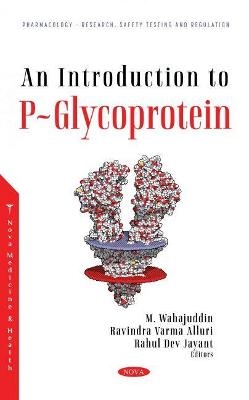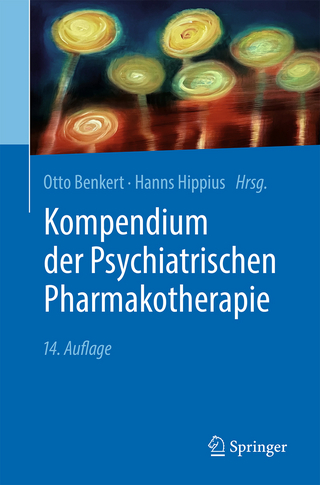P-glycoprotein (P-gp), encoded by the multidrug-resistance (MDR)-1 gene is one of the best studied efflux transporters that is linked to multidrug resistance in cancer chemotherapies. P-gp belongs to the ATP-binding cassette (ABC) transporter family of proteins that utilizes energy derived from hydrolysis of ATP to efflux endogenous and exogenous xenobiotics, metabolites and toxins from the intracellular space to the outside, thereby providing a general protective role. P-gp is expressed on the apical plasma membrane of all major drug eliminating organs such as the intestine (enterocytes), liver (bile canaliculi), kidney (proximal tubules), brain (endothelia of blood-brain barrier) and in certain tumor types. In the intestine and BBB, P-gp limits entry of drugs by actively pumping drugs back into the lumen or blood, respectively. In the liver and kidney, P-gp actively effluxes drugs, endogenous substances and metabolites into bile or urine, thereby removing them from the body. Upregulation of P-gp in tumor cells is noted in several cancers and is a hallmark for drug resistance. Additionally, P-gp is also shown to play a role in neurogenesis and maintaining homeostasis in the brain. Alteration of P-gp expression is observed in neurodegenerative diseases, highlighting its importance in maintaining normal brain health. Due to its central role in defining oral pharmacokinetics, systemic clearance, tissue exposure, organ health and chemoresistance, much of the research has been focused on modulating P-gp. Chemical inhibitors, formulation-based and epigenetic approaches are applied to modulate P-gp activity with a goal to improve oral pharmacokinetics, increase tumor and brain penetration, minimize organ toxicity and potentially treat neurodegenerative diseases. Although enormous research on P-gp has been published, a book chapter exclusively and comprehensively covering diverse aspects of P-gp, including the recent developments in the field, is required. With much enthusiasm from the publisher, we have collaborated to bring together wide-ranging topics on P-gp. This book contains 12 chapters covering the structure, function, regulation, distribution and expression of P-gp, its pharmacological importance in health and disease and role in pharmacokinetics and drug-drug interactions. Also included are computational approaches to identify selective inhibitors and tactics to modulate P-gp function using chemical inhibitors (synthesized or isolated from marine sources), formulation strategies or epigenetic approaches. The last chapter describes various methods to quantify P-gp expression levels and function in in vitro, in situ and in vivo settings. It is our sincere hope that this material will serve as an important desk reference for students, researchers and clinical scientists in academia, medical research and the pharmaceutical industry working in various fields such as pharmacology, pharmacy, toxicology, medicinal chemistry, pharmaceutical sciences, pharmacokinetics and computational biology. Finally, we wish to acknowledge the contributions of all the authors who passionately contributed to this book. We also extend our gratitude to the editorial staff and production manager at Nova publishers. Lastly, but most importantly, we thank our families for their continued support during this journey.
Preface; Introduction: Structure and Function; Relative Distribution of P-Glycoprotein (P-gp) and its Pharmacological Relevance; P-gp Pathophysiology: Post-Translational Modification and Affecting Signaling Cascades; Mechanistic Comprehension towards the Role of P-Glycoprotein in Limiting the Pharmacokinetic and Pharmacological Efficacy of Drugs; P-Glycoprotein, a Biological and Medicinal Chemistry/Radiochemistry Point of View; P-Glycoprotein: A New Insight in the Field of Neurogenesis with a Different Perspective; Formulation Strategies to Bypass P-Glycoprotein Mediated Drug Efflux; Marine Sources Potentiate to Inhibit P-Glycoprotein for the Management of Cancers and Multidrug Resistance; P-Glycoprotein and Its Association in Neurodegenerative Disorders; P-Glycoprotein Polymorphism: Genetic and Epigenetic Changes; Quantification and Analysis of P-Glycoprotein: In Vitro, In Situ, and In Vivo Models; Recent Advancements and Future Perspectives; Index.



